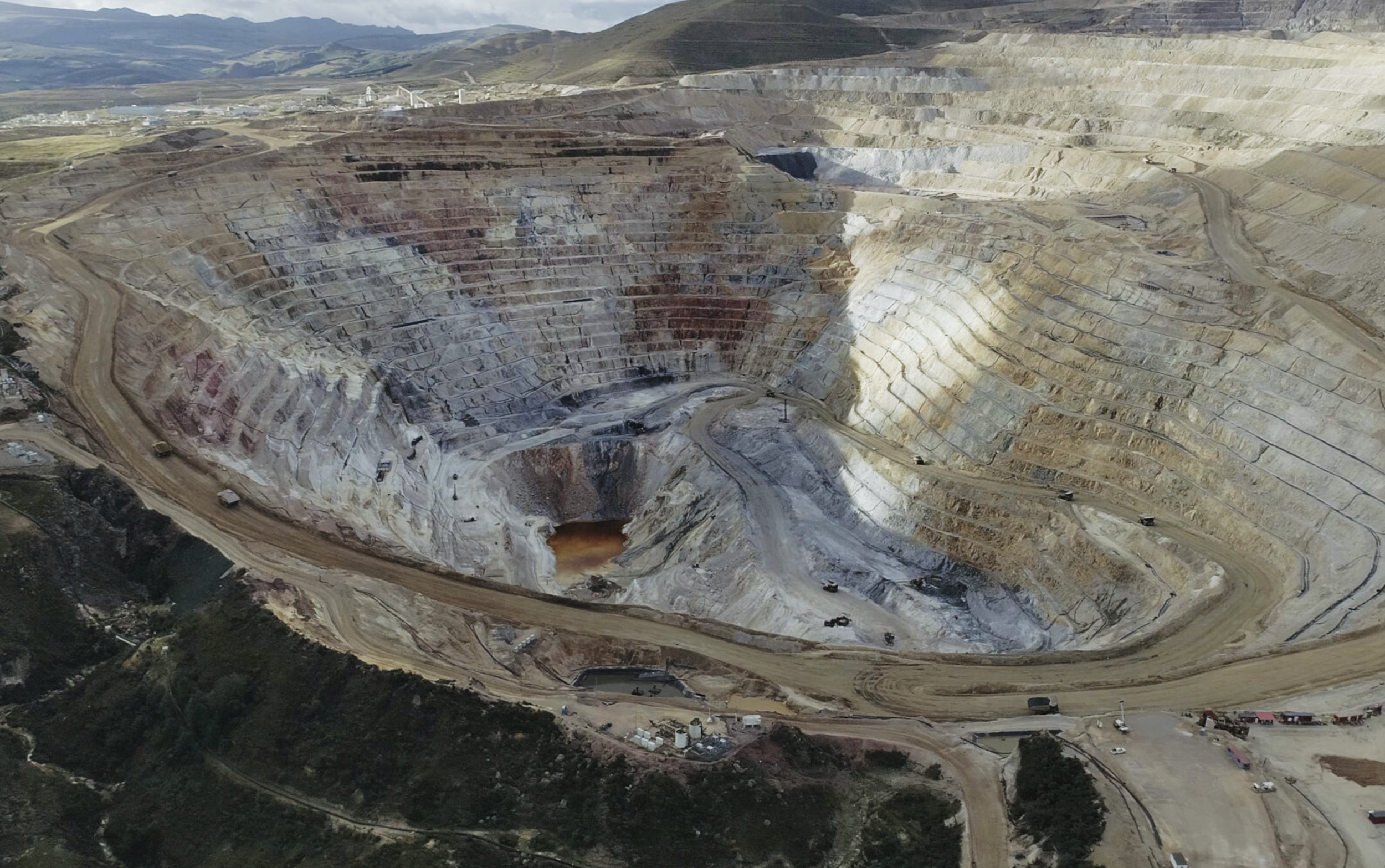Maxima Filmmaker Visits with D.C. High School Students
On Friday October 9, eighty high schoolers from Capital City Public Charter School in Washington D.C. joined a Zoom call with Claudia Sparrow, director and producer of the film Maxima. Maxima follows Máxima Acuña, a Peruvian activist fighting a multinational gold mining corporation over rights to her land. Students had watched the film prior to her visit and prepared questions about the filmmaking process and Sparrow’s experience working with Máxima. Two students, Adriana Licona and Liv Birnstad, moderated the discussion asking their own questions along with those of other students.
The visit was coordinated by Washington, DC International Filmfest (Filmfest DC) and Teaching for Change’s D.C. Area Educators for Social Justice.
Maxima is Sparrow’s first documentary, and several of the questioners asked about her transition and the differences between narrative and documentary filmmaking. Máxima’s story is what primarily drove Sparrow to make a documentary. She told the story of finding an article about Máxima and not being able to get it out of her head. Being Peruvian herself, she felt she needed to do something in order to raise awareness about what was happening.
Unlike making narrative films, Sparrow explained that the documentary process was much less planned and predictable. In particular, the documentary followed court cases involving Máxima and the mining company, and the filmmakers had no way of knowing how the story would unfold. The filmmakers also had to navigate the barriers the mining company had put up, resulting in an eight-hour drive from the city to Máxima’s land. Some days, they weren’t allowed to drive through nearby checkpoints and had to carry all their equipment in the Andes, which are both quite cold and at a high altitude, making this a very difficult task.
The students also asked about Sparrow’s journey to and experience working as a filmmaker. She told them that she was drawn to filmmaking because she always loved watching movies as a child, and had the dream to tell stories that inspire and move her. She also shared her experiences as a woman in filmmaking, and the inequality she has noticed between herself and her male peers. She advised students interested in pursuing careers in filmmaking to gain experience through internships and cultivate relationships in the film industry.
Students were clearly affected by Máxima’s story and interested in how she’s been doing since the film ended. They asked Sparrow if she would be continuing the story as well as for updates about how she was doing and when Sparrow had last seen her, which was in April 2019. The filmmakers set up a GoFundMe for Máxima, which Sparrow said has been especially helpful for her during the pandemic, since it’s been harder for her to access food she can’t grow on her land. They hope to start a fund to help Máxima’s cause and other similar ones once the film is distributed and starts recouping money.
Students also asked about Sparrow’s emotional reactions to the events of the film, since it had affected them so much just to watch it on screen. Sparrow shared that Máxima’s strength allowed her to remain positive and hopeful. Even when police and mineworkers surrounded the film crew Máxima didn’t let them intimidate her, and Sparrow followed her lead. Sparrow described Máxima as warm, charismatic, funny, and wise. Her pearls of wisdom are often “mindblowing.”
Sparrow concluded the discussion by asking students what they learned or were surprised by in the film. Students shared that they learned about the gold-mining industry and how harmful it is to the environment. Many students were inspired by Máxima. They were shocked by Máxima’s strength despite her small physical size, as well as her perseverance in her fight. One student shared their surprise that Máxima asks for peace calmly in the film despite the abuses committed by the mining company.
Here are some reflections from the students.
I learned that it is really important to stand up and defend your right. Because if you don’t people will try to take advantage of them.
I learned that some things are worth fighting for even if it means getting hurt or in trouble.
I learned that it was more than just a fight over land, but a statement on who holds power in this country.
This movie changed the whole way I look at the world.
Just as Máxima inspired the students, Máxima’s fight for her cause inspired Sparrow. Even though they didn’t win every battle, she and her lawyers continually stand up for the things that they believe are right. Sparrow said that she is hopeful Máxima will get the justice she deserves eventually, especially now that so many people, including the students, are watching the film and seeing the harm corporations like the mining company cause.
Our appreciation to Lizzie McCord, Teaching for Change volunteer, for writing this news post. We also extend thanks to teachers Ellen Royse and Kishanna Harley for all the work they did to prepare for this visit and make it a success in the midst of the pandemic.


